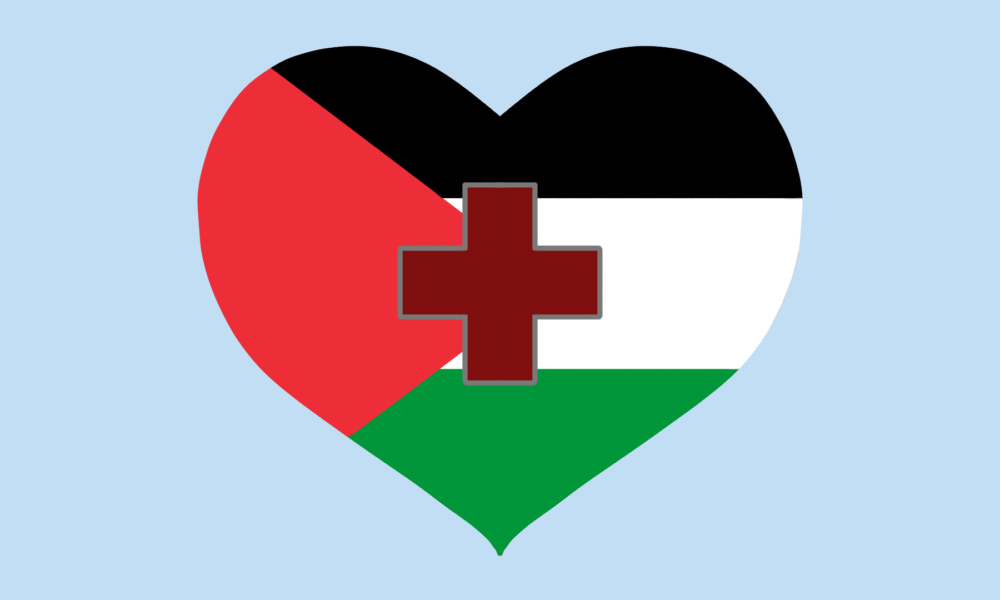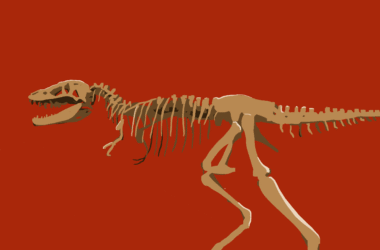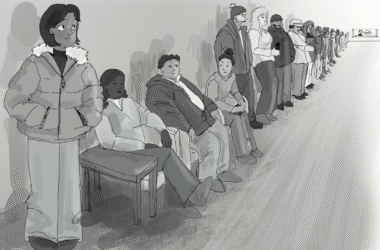To describe Palestine’s current healthcare system as anything less than devastated would be a mischaracterization. According to United Nations (UN) experts, the Israel Defense Forces (IDF) are systematically targeting and destroying hospitals, Israel is blocking external aid and resources, and famine is taking the country by storm. In such a crisis, effective global health diplomacy (GHD)—when countries work together to shape health policy and ultimately improve health outcomes—is absolutely crucial if there is any hope of rebuilding what has been lost.
In a recent paper published in BMJ Global Health, Mohammed Alkhaldi, a researcher affiliated with McGill University with extensive experience in global public health policy, shed light on GHD—or lack thereof—in Palestine. In their commentary, Alkhaldi and his collaborator, Dr. Maidah—an international practitioner of public health and a GHD and security advocate—outline how standard approaches to GHD must be adapted to fit chronic humanitarian crises like Palestine’s. They also explain why GHD has, so far, failed Palestinians.
“GHD has failed because it has no teeth,” Maidah wrote to The Tribune. “Ceasefire talks get vetoed, humanitarian corridors are too short-lived, and accountability mechanisms don’t exist. In the meantime, the toll is generational [with] children growing up with amputations, untreated cancer patients dying in silence, [and] entire communities carrying trauma. The healthcare workforce is exhausted and leaving when they can. The long-term impact? A broken system that will take decades to rebuild, even if peace were to arrive tomorrow.”
Maidah and Alkhaldi note six different dimensions of GHD which need to be adapted to appropriately suit the needs of Palestinians.
The first is a constructive negotiation process, which should prioritize reaching a ceasefire deal and creating safe zones rather than playing political chess. Second, for effective governance structures to thrive, Palestinian leadership must be prioritized rather than sidelined by donors. Third, coalitions should aim to create South-South solidarity; countries like Egypt and Pakistan have similarly had to overcome sanctions and blockades, and are thus well-versed in building resilience during trying times. Fourth, Palestine must be permitted to engage in partnerships that foster agency amongst its citizens, as opposed to treating Palestinians as mere recipients of charity. Fifth, healthcare responses must take a holistic approach. It is not enough to simply ship medical supplies; the system must be rebuilt as a whole. And finally, GHD must be implemented as a means for peace and safety. Without these adjustments, GHD will continue to be incapable of making a tangible difference to Palestine’s overall healthcare system.
Maidah further exposed the devastating consequences of letting political agendas take precedence over human lives.
“We’ve seen GHD work elsewhere, such as days of tranquillity in Sudan for vaccination, corridors in Syria for medical aid,” Maidah wrote. “In Gaza, hospitals are bombed while the world debates semantics. The difference is that here, occupation and blockade are not temporary backdrops; they’re the chronic condition. Diplomacy isn’t just failing to deliver but it’s complicit in allowing international law to be ignored. That’s what makes Palestine so painfully unique.”
Maidah reiterated the importance of global collaboration that prioritizes Palestinian leadership and agency.
“[The World Health Organization] WHO and UN bodies are important, yes, but they can’t be the only voices,” Maidah wrote. “Regional actors and Global South countries need to step up and not just [send] aid, but [push] for political accountability. And above all, Palestinian health professionals must lead. The ultimate goal is not another round of short-term supplies. It is guaranteeing safe, sustained healthcare access. In plain words the patients should be able to walk into a hospital and know it will still be standing tomorrow.”
GHD must prevail in Palestine, for failing to act undermines the legitimacy of the entire framework.
“Palestine is the litmus test of global health diplomacy,” Maidah wrote. “If GHD can’t protect hospitals in Gaza, then the concept itself risks becoming meaningless. We need to stop treating Palestinian health as charity and start treating it as justice. Health is not neutral in this context, it’s political, and unless GHD confronts that, it will continue to fail the very people it was meant to protect.”









